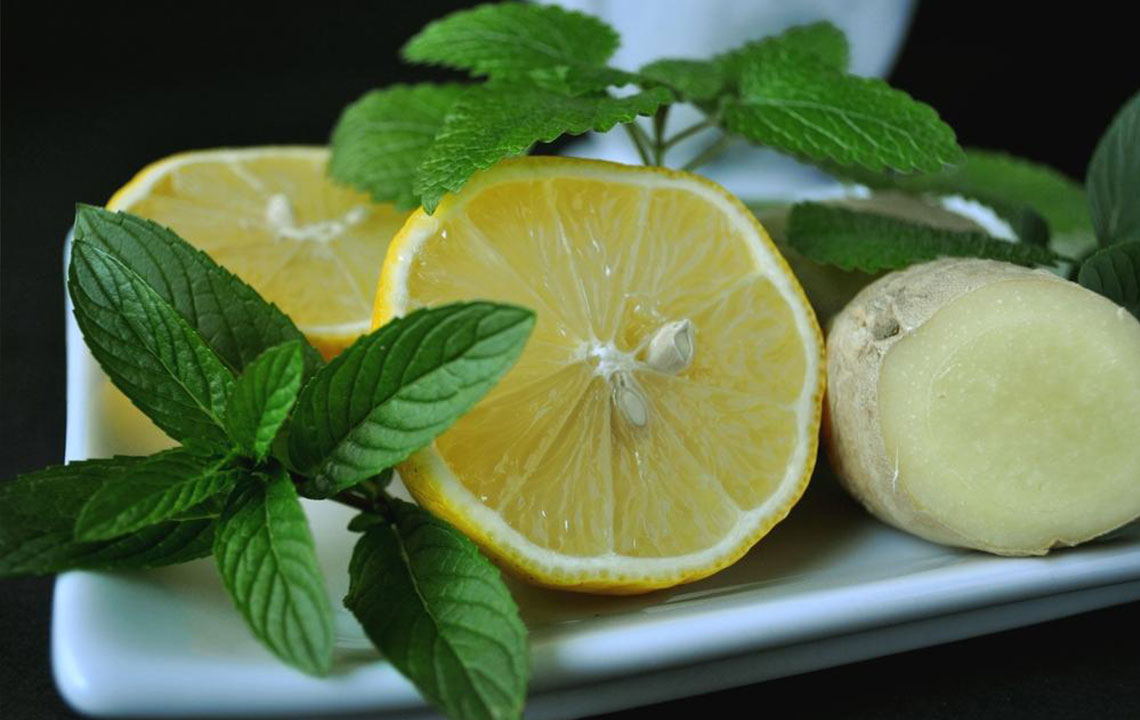Effective Natural Remedies to Relieve Children's Itchy Skin and Promote Comfort
This comprehensive guide explores natural remedies to soothe and alleviate itchy skin in children. From oatmeal baths and essential oils to coconut oil applications, learn safe and effective methods to comfort young skin and promote healing. Practical tips and precautions are included to ensure safe use and optimal results, helping parents manage skin irritation naturally and effectively, while knowing when to seek medical advice for persistent symptoms.

Natural Approaches to Soothe Kids’ Itchy Skin and Enhance Skin Comfort
Childhood skin irritations, especially itchy skin, can be both uncomfortable and distressing for young children, impacting their daily activities and sleep quality. Persistent itching and scratching not only cause discomfort but may also lead to skin infections and further complications. Fortunately, parents and caregivers can explore several natural, safe, and effective remedies to alleviate itchy skin in children. These remedies are gentle on young skin and can be used as complementary treatments alongside medical advice, providing relief without risking adverse side effects associated with long-term medication use.
In this comprehensive guide, we delve into various proven home remedies and natural treatments to help soothe and heal irritated, itchy children's skin, from DIY oatmeal baths to essential oils and nourishing coconut oil applications. Understanding these methods can empower caregivers to manage skin discomforts effectively while ensuring the child's comfort and quick recovery.
1. Oatmeal: A Natural Soothing Agent for Sensitive Skin
Oatmeal has long been recognized for its skin-soothing and anti-inflammatory properties, making it an ideal remedy for itchy, irritated skin in children. Its gentle nature helps reduce redness, calm inflammation, and provide instant relief from itching. To prepare an oatmeal-based treatment, start by blending one cup of plain, unflavored oatmeal into a fine powder—known as colloidal oatmeal—which can be easily mixed with water.
Apply the oatmeal paste directly onto the affected areas for immediate soothing effects. Alternatively, add colloidal oatmeal to warm bathwater to create a soothing soak tailored for children with dry or sensitive skin. The warm water should be comfortably lukewarm—hot water can exacerbate dryness and irritation. This method not only eases itching but also hydrates the skin, promoting faster healing and preventing future dryness.
2. Essential Oils: Harnessing Nature’s Anti-Inflammatory Power
Essential oils are highly concentrated extracts from plants that contain therapeutic properties. Certain essential oils have anti-inflammatory, antimicrobial, and calming effects, making them effective in reducing rashes, swelling, and itching associated with skin irritation in children. It is crucial to dilute essential oils properly before applying to children's skin to prevent irritation or allergic reactions.
Recommended essential oils for soothing itchy skin include:
Calendula oil: Known for its healing and anti-inflammatory properties, excellent for irritated skin
Geranium oil: Helps improve skin elasticity and reduce inflammation
Lavender oil: Offers calming effects, reduces itching, and promotes skin healing
Peppermint oil: Provides a cooling sensation that can temporarily relieve itching
When using essential oils, mix a few drops with a carrier oil such as coconut or jojoba oil—typically, a dilution ratio of 1:10 (one part essential oil to ten parts carrier oil) is safe for children. Gently massage the diluted mixture onto the itchy areas, preferably after a bath or on clean skin. Always perform a patch test on a small skin area before widespread application to ensure no allergic reactions occur.
3. Coconut Oil: Nourishing and Healing for Dry, Itchy Skin
Coconut oil is a versatile, natural moisturizer renowned for its antimicrobial and skin-repairing properties. Its fatty acids deeply nourish dry, cracked, or irritated skin, creating a protective barrier that retains moisture and prevents further itching. Applying coconut oil can be particularly beneficial before bedtime, allowing the oil to absorb overnight and leave the skin soft and itch-free by morning.
To maximize benefits, soak the child's skin in warm water until it becomes wrinkled—this helps open pores and enhance absorption of the oil. After bathing, gently pat the skin dry, then generously apply virgin coconut oil to the affected areas, massaging it in softly. Repeat this process daily or as needed to keep the skin hydrated and prevent flare-ups of itchiness.
4. Additional Tips for Managing Itchy Skin in Children
Besides these natural remedies, caregivers should observe some additional practices to minimize skin irritation and promote healing:
Dress children in loose, breathable fabrics, preferably cotton, to reduce skin contact with irritating materials
Keep nails trimmed to prevent scratching wounds and further skin damage
Maintain a cool, humid environment to prevent excessive dryness and sweating, which can worsen itching
Encourage children not to scratch or rub affected areas; using distraction techniques or covering skin with soft clothing can help
Ensure proper hydration and a balanced diet rich in vitamins and minerals that support skin health
Monitor for signs of infection or worsening symptoms and seek medical advice promptly if symptoms persist beyond a few weeks
While natural remedies are often effective for mild to moderate cases of itchy skin, persistent or severe symptoms warrant consultation with a healthcare professional. Skin conditions such as eczema, allergic dermatitis, or infections require targeted medical treatment for effective management.
In conclusion, adopting these gentle, natural methods can significantly improve comfort for children suffering from itchy skin. Consistent application of oatmeal baths, essential oils, and nourishing coconut oil, combined with good hygiene and environmental practices, can help soothe irritation, promote healing, and prevent future episodes. Remember, in cases of prolonged or worsening symptoms, professional medical advice should always be sought to ensure appropriate treatment and faster recovery.





